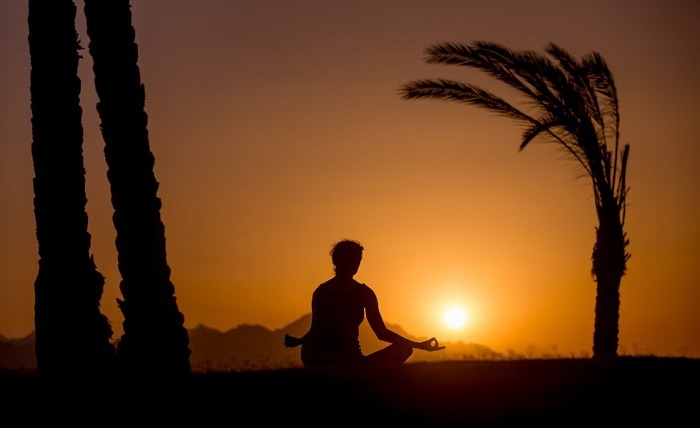We’ve all heard the adage “history repeats itself.” While this might sound like a cliché, there’s an abundance of wisdom nestled within the pages of history. Delving into the past can provide us with key insights and practices that can be applied to our modern lives. Recently, I stumbled upon The Ancient Illuminati Code, a book that explores the secrets of ancient societies and their influence on today’s world. It got me thinking about the myriad of timeless tips these ancient civilizations have left behind for us. Here are six tips from yesteryears that you can incorporate into your daily routine.
Table of Contents
1. Meditation and Mindfulness
Ancient civilizations, especially in the East, practiced meditation to gain clarity and peace of mind. This practice isn’t just about spirituality; it’s a tool to improve mental health. According to a recent article on how meditation can enhance memory, integrating regular meditation sessions into your life can significantly boost your cognitive abilities.
2. Natural Remedies and Wellness
Before the advent of modern medicine, ancient societies used herbs, spices, and other natural remedies to treat various ailments. Many of these treatments have been proven effective over time and are still used today. For instance, several powerful herbs are known to support the nervous system, a testament to the timeless knowledge of our ancestors.
3. Value of Physical Labor
Before technology simplified tasks, people worked manually, whether in fields or building architectural marvels. This physical work kept them active and fit. In today’s world, where desk jobs dominate, it’s vital to incorporate exercise into our daily routines. Whether it’s traditional workouts or simple hand exercises you can do while watching TV, it’s essential to stay active.
4. Balance in Diet
Ancient civilizations thrived on a balanced diet. They understood the importance of consuming fresh, seasonal produce. Modern diets, unfortunately, are often rich in processed foods. Emulating the dietary habits of our ancestors by incorporating fresh fruits, vegetables, and grains can pave the way for better health.
5. Art of Storytelling
Before the written word became prevalent, oral traditions were the norm. Storytelling was an art form that helped transfer knowledge, morals, and values from one generation to the next. In our digital age, storytelling can help us connect with others, understand different perspectives, and develop empathy.
6. Understanding the Cosmos
Ancient cultures looked up to the stars for guidance, whether for navigation or understanding life’s greater purpose. They recognized the interconnectedness of the universe. Today, while we might not rely on stars for direction, understanding the cosmos can offer a sense of belonging and a broader perspective on life.
Conclusion:
While ancient civilizations may seem far removed from our current reality, their timeless wisdom remains relevant. By integrating these age-old practices into our modern lives, we can lead more fulfilled, healthier, and balanced lives. Remember, as we move forward, looking back might just provide the roadmap we need.
The Power of Rituals
Ancient civilizations held rituals in high esteem. Rituals, ranging from daily practices to elaborate ceremonies, were more than mere traditions; they were deeply symbolic acts that connected individuals to their communities and the divine. For many ancient cultures, rituals provided a sense of order, purpose, and belonging. In today’s fast-paced world, creating personal rituals—whether it’s a morning journaling habit, evening gratitude reflections, or weekly digital detoxes—can offer us stability, grounding, and moments of introspection.
Embracing Nature’s Rhythms
Before the era of artificial lighting and 24/7 connectivity, civilizations lived in harmony with nature’s rhythms. They rose with the sun and retired with its setting, respecting the natural cycle of day and night. There’s increasing evidence that aligning with these natural rhythms, such as maintaining a consistent sleep-wake cycle, can improve our health, mood, and overall well-being. It’s a reminder of the importance of attuning ourselves to nature, taking time to observe its patterns, and respecting the ebb and flow it presents.
Community and Belonging
While individualism is celebrated in many contemporary societies, ancient civilizations thrived on the principles of community and collective well-being. People depended on each other for survival, support, and shared joys and sorrows. They valued the concept of the ‘collective good’ and often placed community needs above individual wants. In an age where loneliness and isolation are on the rise, rekindling the spirit of community, reaching out, and building meaningful relationships can enrich our lives in immeasurable ways.
